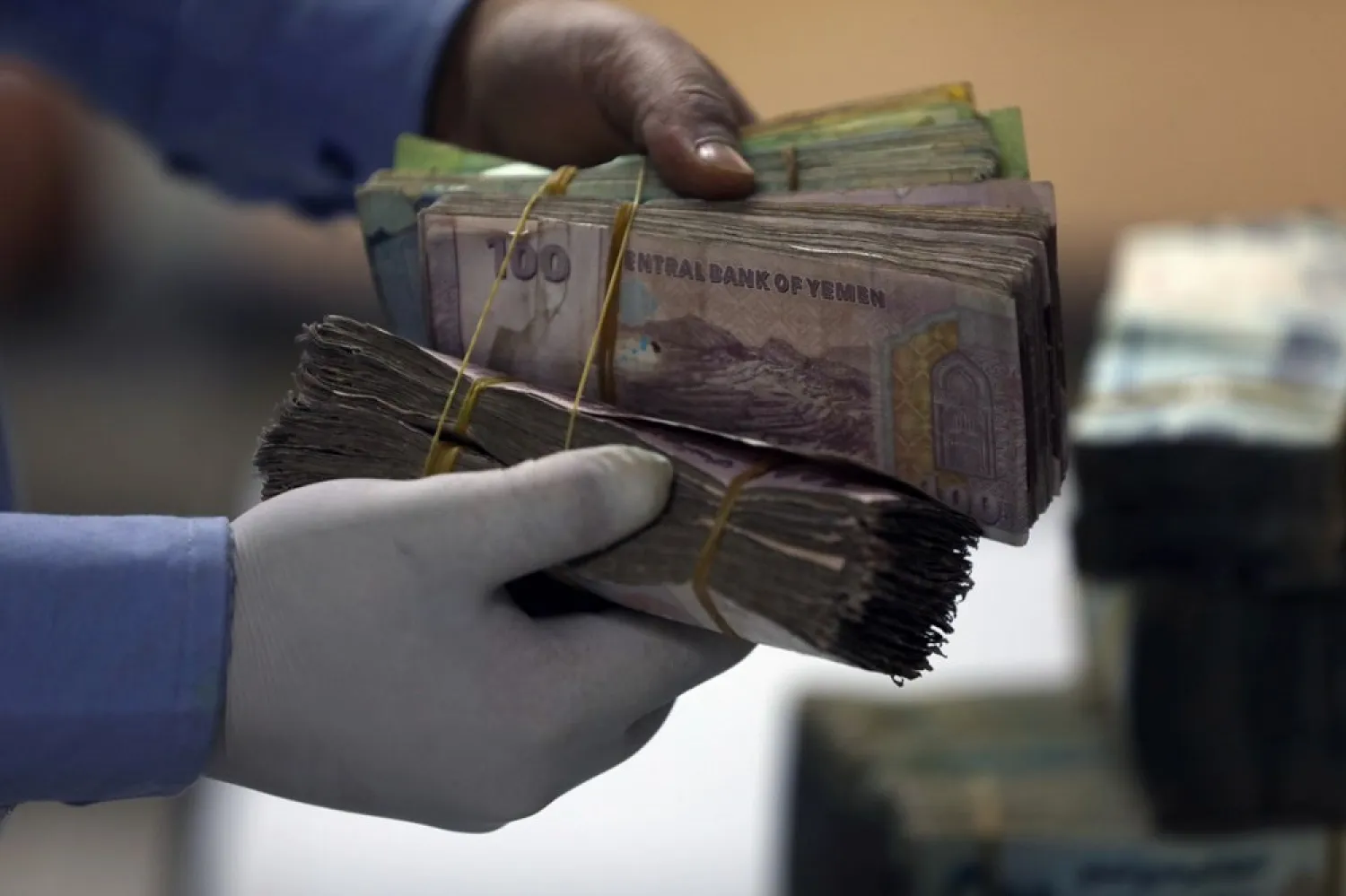The Yemeni internationally recognized government’s decision to double the US dollar exchange rate used to calculate customs duties on non-essential goods in areas under its control went into effect on Monday.
The 100% increase will not affect basic goods such as flour, sugar, cooking oil and baby formula.
Authorities noted that the hike would increase customs revenues and help meet growing financial needs. Cash liquidity brought in by the doubled exchange rate will aid the government in paying the salaries of public workers and covering services.
Moreover, the move aligns with a host of economic measures to boost state revenues and eliminate the burden of printing new currency.
Amended duties will see rates rising from 250 Yemeni rials to the dollar to 500, government sources told Asharq Al-Awsat.
They confirmed that Yemen enjoys one of the lowest rates of customs in the region and revealed that the decision to hike duties was taken early this year but was delayed until now.
Noting that customs duties account for 10% of the price of commodities, government sources reaffirmed that the increase would not substantially burden consumers, especially since it only applies to non-essential goods.
Raising the exchange rate to 500 rials is predicted to lift annual revenues collected from customs duties to 700 billion rials, up from 350 billion.
“The increase will apply to non-essential goods, the most important of which are cars and luxury items,” sources affirmed, adding that customs impose a small 5% duty fee on more than 80% of goods, the lowest percentage in the world.
Other countries in the region have raised customs fees on foodstuffs to 25%.
Moreover, merchants were selling their goods based on a higher exchange rate that stands at 1,000 rials to the dollar, while paying customs at the lower rate of 250 rials to the dollar.









